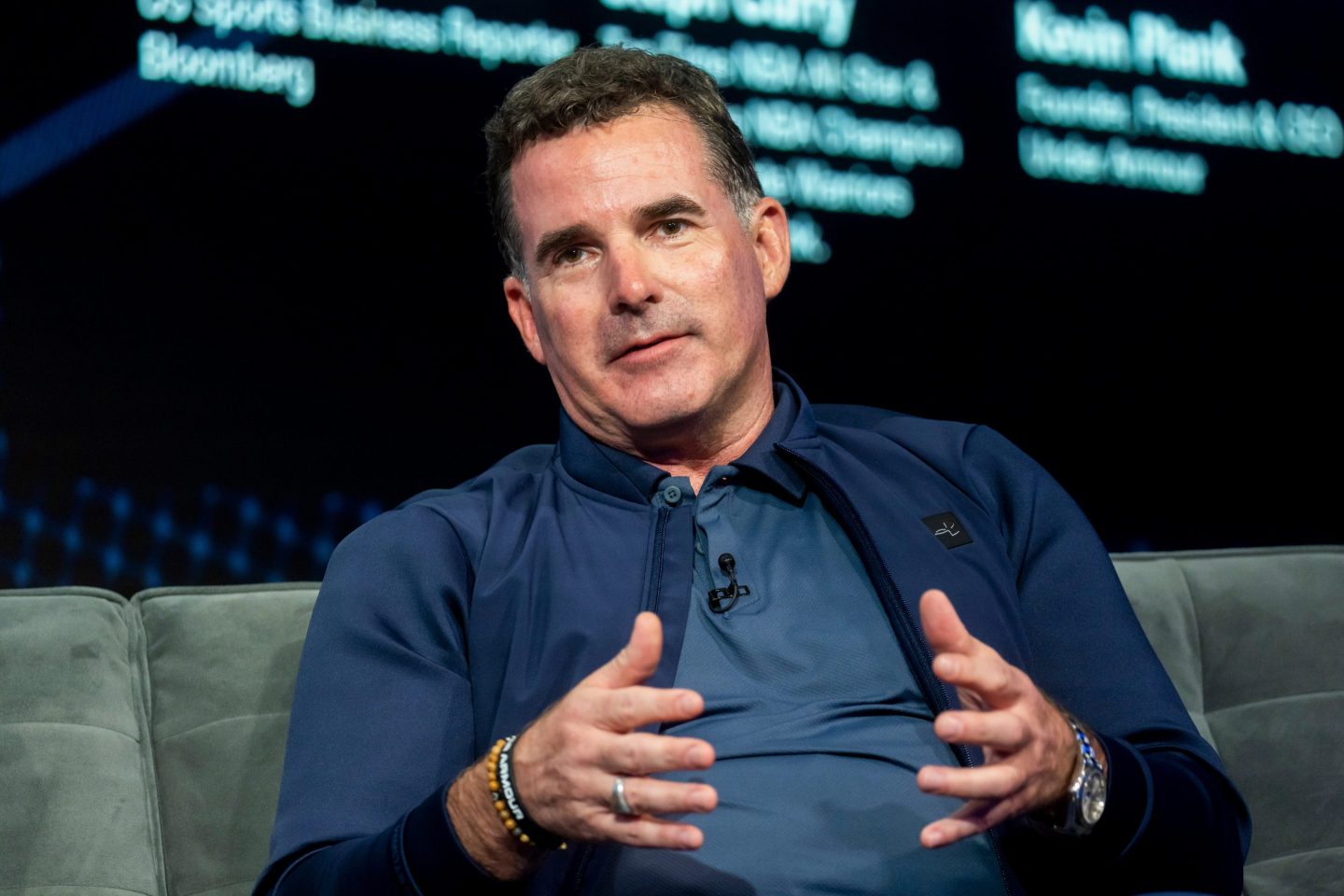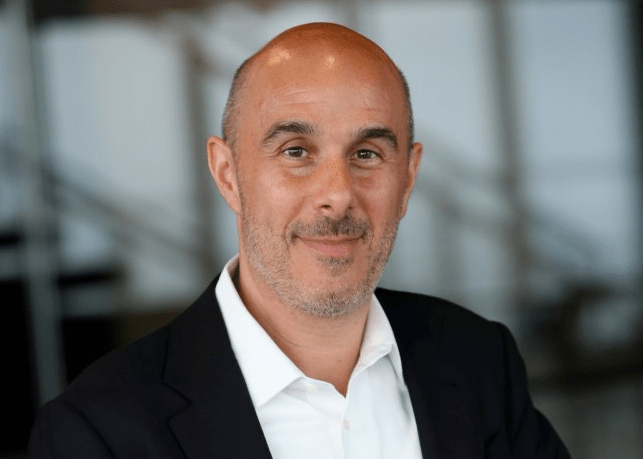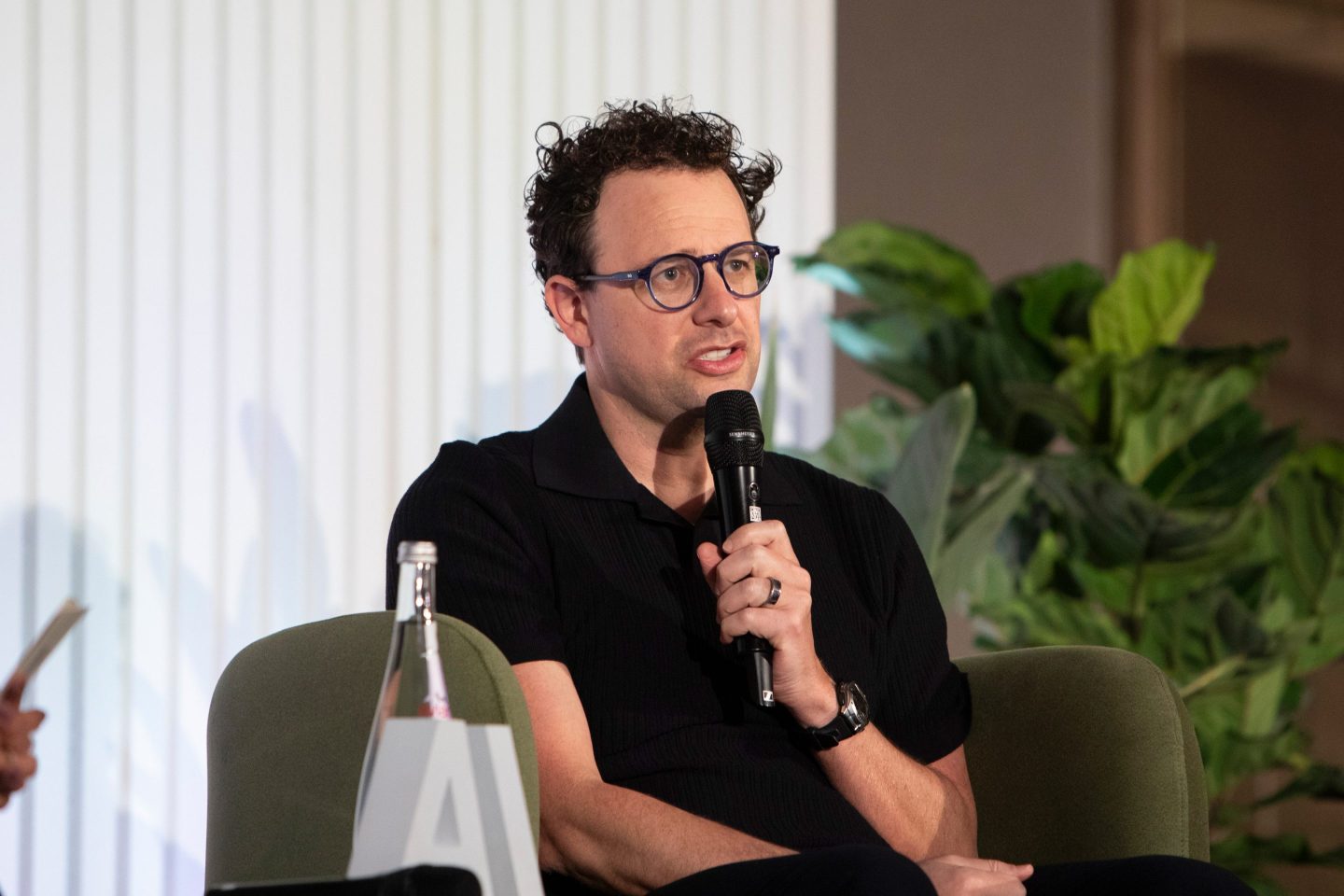Micromanaging gets a bad rap, but it’s a method some CEOs still embrace.
Under Armour CEO Kevin Plank told Graham Bensinger in a YouTube interview published Sept. 10 he believes in micromanagement “at certain levels.”
“I think it’s totally underestimated,” said Plank, who founded Under Armour in 1996. “I think there’s too much loss on pretense or structure or process. Like, that’s great, but the right answer will save us a lot of time.”
Plank, a boomerang CEO who took a brief hiatus from the athletic-wear company from 2020 to 2024, said he believes in an 80-20 rule for management. His priority is to “get it right” by focusing on the correct solutions to problems while allowing creativity and flexibility to remain.
“We do need structure in place, but we also need to build in the fact that the market is not going to wait 18 months for all of our products,” he said. “And so we need the speed of market. We need to be able to get things to market in 12 months, nine months, six months. And that shouldn’t feel like a burden or wait.”
To achieve this, Plank said Under Armour plans for about 80% to 90% of business to be set and structured, with the remaining 10% to 20% to have time to “just be able to think a little bit.”
To be sure, Plank said he wants to have an “evolved personality” in which he models the behavior he expects from his employees like he does with his children, who are 21 and 18 years old. He said he prioritizes “modeling the behavior that I expect from my teammates to live by, my partners, or vendors, and other people. I hold them accountable and they hold me accountable, too.”
Other CEOs who were open micromanagers
A Journal of Management Research and Analysis study shows micromanaging—or intensely monitoring and controlling every aspect of an employee’s work—in some cases can lead to reduced autonomy and innovation, lower job satisfaction, and burnout. But the same study says this management style can also improve short-term productivity, skill upgrading, and company structure.
One of the most famous CEOs who has been repeatedly cited as a micromanager was Apple’s Steve Jobs. The former CEO of Apple, who died in 2011 from pancreatic cancer, continues to be revered as one of the greatest leaders in business history, but he was open about his “no-bozos” policy in the workplace.
“He’s a corporate dictator who makes every critical decision—and oodles of seemingly noncritical calls too, from the design of the shuttle buses that ferry employees to and from San Francisco to what food will be served in the cafeteria,” Adam Lashinsky wrote in a Fortune article about Jobs published just about a month before his death.
Tesla CEO Elon Musk has also been cited as an extreme micromanager. A CNBC investigation, including interviews with 35 current and former direct reports to Musk, said his severe micromanagement tendencies “sometimes impaired his decision-making, leading him to approve expensive projects that failed and delayed production.”
Under Armour didn’t immediately respond to Fortune’s request for comment.













